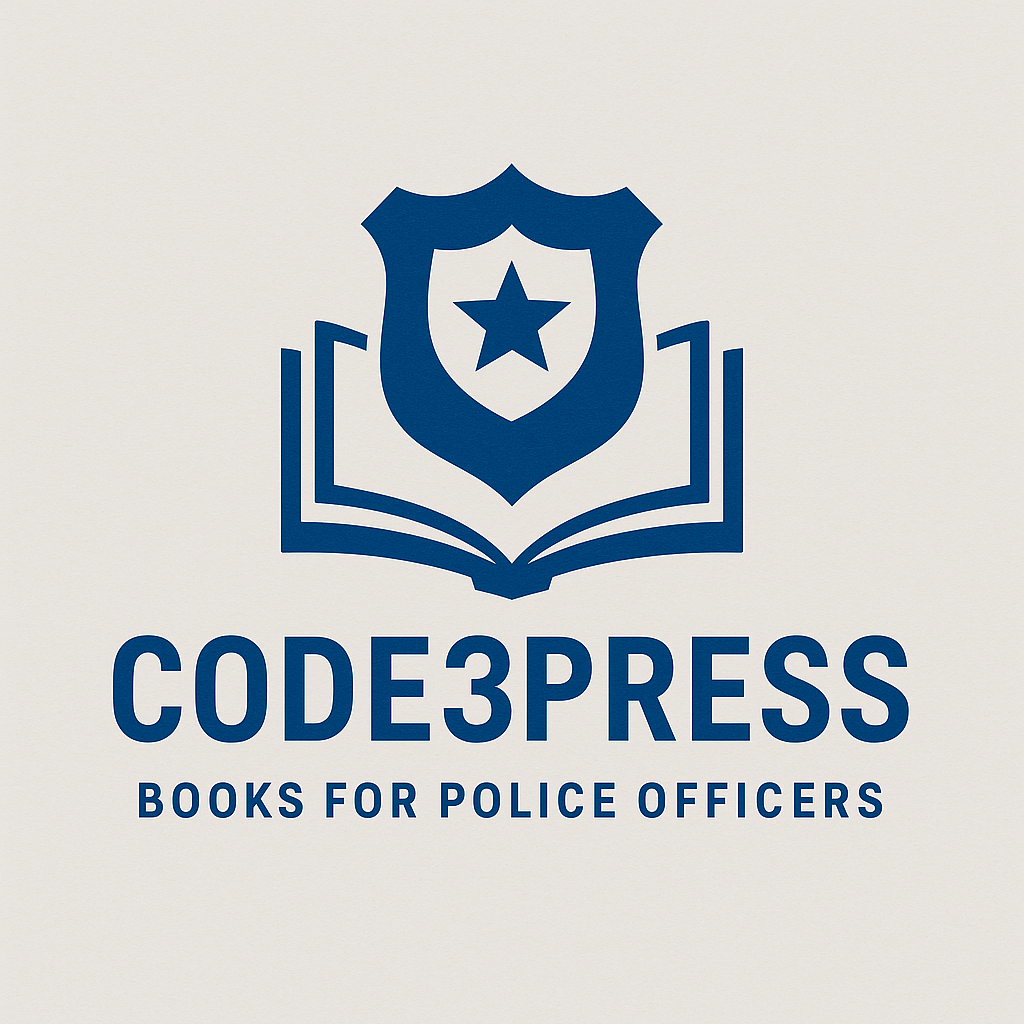The Power of Observation: Why It’s Essential for Patrol Police Officers
When people think of police work, they often picture flashing lights, high-speed pursuits, or tense arrests. But in reality, one of the most powerful tools a patrol officer carries isn’t a weapon or piece of equipment—it’s their ability to observe. Observation skills sit at the heart of effective policing. They help officers read situations accurately, understand human behavior, and act with both safety and professionalism. Without strong observation skills, even the best training can fall short.
Reading the Scene Before It Unfolds
Every call for service begins with a scene. Whether it’s a quiet residential street, a crowded bar, or the aftermath of a collision, an officer’s first responsibility is to take in as much information as possible—quickly. Small details matter: a broken window, an unlocked door, or the way a crowd shifts when a patrol car arrives. These cues can reveal what has already happened and what might still occur.
Strong observational awareness allows an officer to anticipate risks before they escalate. By noticing body language, tone of voice, or the positioning of individuals, patrol officers can often identify who is in charge, who is nervous, or who might be a threat. This proactive approach keeps officers, bystanders, and even suspects safer.
Understanding Human Behavior
Observation isn’t just about scanning the environment—it’s about reading people. Human behavior is often predictable when you know what to look for. Patrol officers develop a keen sense for subtle signs: a clenched jaw signaling frustration, someone avoiding eye contact when a question is asked, or a suspect creating distance to plan an escape.
These details are rarely random. They are part of the story unfolding in front of the officer. By paying attention, officers can adjust their approach—using de-escalation tactics, asking better questions, or positioning themselves more safely. Understanding people in the moment builds trust and reduces unnecessary conflict.
From Noticing to Documenting
Another key part of observation is accurate recall. It’s not enough to see; officers must also remember. Good memory and detailed note-taking are critical for writing clear reports, testifying in court, and supporting investigations. The smallest details—a tattoo, the order of events, or the make and model of a vehicle—can be the difference between solving a case and watching it go cold.
Patrol officers who sharpen their observation skills become invaluable to investigators, prosecutors, and their fellow officers. They turn fleeting moments into reliable evidence.
Building Observation Skills
Like any skill, observation can be trained. Officers can practice by slowing down and deliberately scanning environments, making mental notes, and then testing themselves on what they recall. Scenario-based training, ride-alongs, and even everyday activities like people-watching in public places can strengthen this ability. Over time, what feels like effort becomes instinct.
Good officers don’t just react to events—they anticipate them. Strong observation skills allow them to stay one step ahead, protecting the community and themselves.
Final Thought: Observation is the foundation of effective patrol work. By learning to truly see—not just look—police officers become safer, smarter, and more effective in their roles. Equipment can fail, but sharp eyes and a focused mind never stop working.
